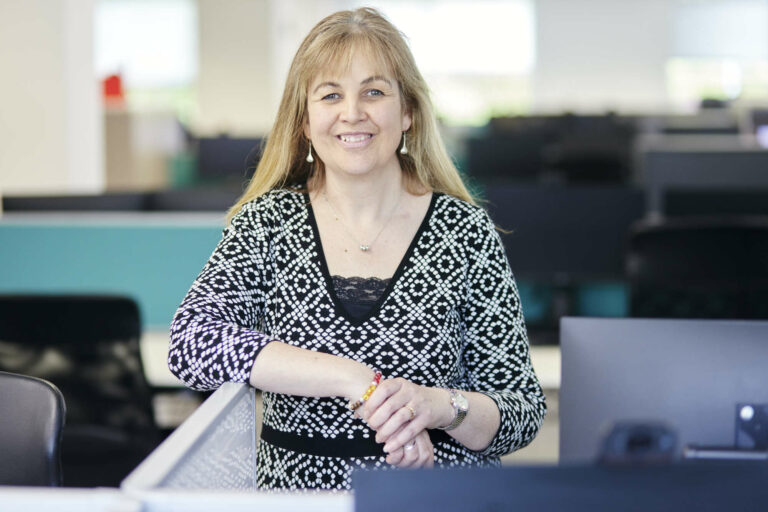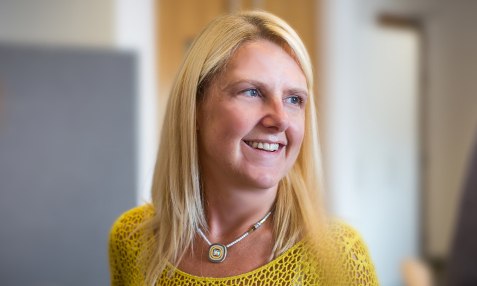September marks Neonatal Intensive Care Unit (NICU) Awareness Month. It gives us the opportunity to recognise the incredible work of healthcare professionals in neonatal intensive care units and to support families who have experienced the challenges of premature birth or neonatal illness. There are many different babies in NICU– they may simply be born pre-term (born before 37 weeks gestation), have health problems, have had a difficult birth or all of the above.
What happens at a Neonatal Intensive Care Unit?
All NICU babies receive 24-hour care from medical experts. There is no standard time limit for staying in NICU – each baby’s needs are individual to them so their stay in the unit could last anything from a few hours to many months. There is no standard treatment or progress either – all is tailored to the baby’s needs.
Parents can usually visit any time and stay for as long as they like. Sometimes, sibling visits are limited or not allowed mainly due to infection risks, but each hospital will have its own policy. Depending on the baby’s condition the parents may still be able to touch and stroke them, even if they are in an incubator. Hearing their parents’ voices and feeling their touch is important for both.
When a baby gets stronger, it is encouraged that parents make skin to skin contact with them where possible and sometimes people are employed to come and cuddle the babies if the parents are unable to due to ill health of their own.
My own experience
My experience in the NICU was initially overwhelming. The rows of tiny babies attached to large machines, with wires and tubes extending from every direction, created a daunting atmosphere. The constant beeping, buzzing, and whirring noises, meant to protect these precious little ones, were almost too much to handle.
But once you understand what the noises are and the reasons for the machines and what they are doing, it gets easier. An NICU really is an amazing place full of hope, love and camaraderie.
I recall that first cuddle I shared with my baby as one of the best moments of my entire life and have never shared the picture taken. It is too special. From that point, I knew she was going to be ok.
I also fondly recall the room where mothers could pump breast milk to feed their babies if they were unable to nurse directly. A small group of us would aim to visit there at least once a day, bringing our lunches and using the equipment as we shared our experiences and plans. The support we received from one another was invaluable.
My baby, born at 33 weeks, spent a month in the NICU. During that time, I met a variety of parents and babies with diverse needs. However, we all shared a common experience: the NICU.
My top tips for parents
While it wasn’t an easy time of my life, NICU provided me with the best possible experience under the circumstances. Having gone through this, I wanted to share my top tips for any parent whose child needs the additional early support in life that NICUs offer.
My tips for getting through are:
- Talk to the nurses and doctors – if you are worried ASK. The noises, the machinery, they are all daunting so ask what they are for and what they mean.
- Ask what the plan is for your little one – highlight any concerns you have and ask for answers.
- Definitely take a break – go outside for air, have something to eat. You need to be strong. As they say, you can’t help others if you don’t help yourself first.
- Talk to other parents – A shared experience can never be overrated. It was other mums that helped me when my little one first arrived. Then, I helped others as they did. I am still in touch with a couple of them.
- Include siblings wherever you can – My eldest was allowed in after a few days, but I took photos and asked her to draw paintings for the baby. We also bought a toy together that I then put in the baby’s cot. That helped my daughter to feel included. In fact, she was far less daunted.
- Don’t be afraid to ask for help – If it is all overwhelming (and it can be), then ask for support. There are many places that can help. Bliss offered that support for me. The NICU will have a noticeboard with leaflets or someone able to help and signpost you.
And always remember – you are not alone even though some days you may feel that way. You’ve got this.
How can we help?
Medical professionals are human and same as everyone else can and sometimes do make mistakes. If you have concerns around the care you received before, during or after your birth that may have affected your or your baby’s health, we may be able to help you. At Enable Law, we have a specialist team that helps clients get answers about the care they received and where relevant help them claim compensation to meet any additional needs a medical mistake or negligence may have led to. All conversations are free and confidential. Speaking to a member of our team does not mean you have to agree to make a claim. To have a chat with us call us on 0800 044 8488 or fill in our contact form so we can give you a call back at a time convenient to you.



















